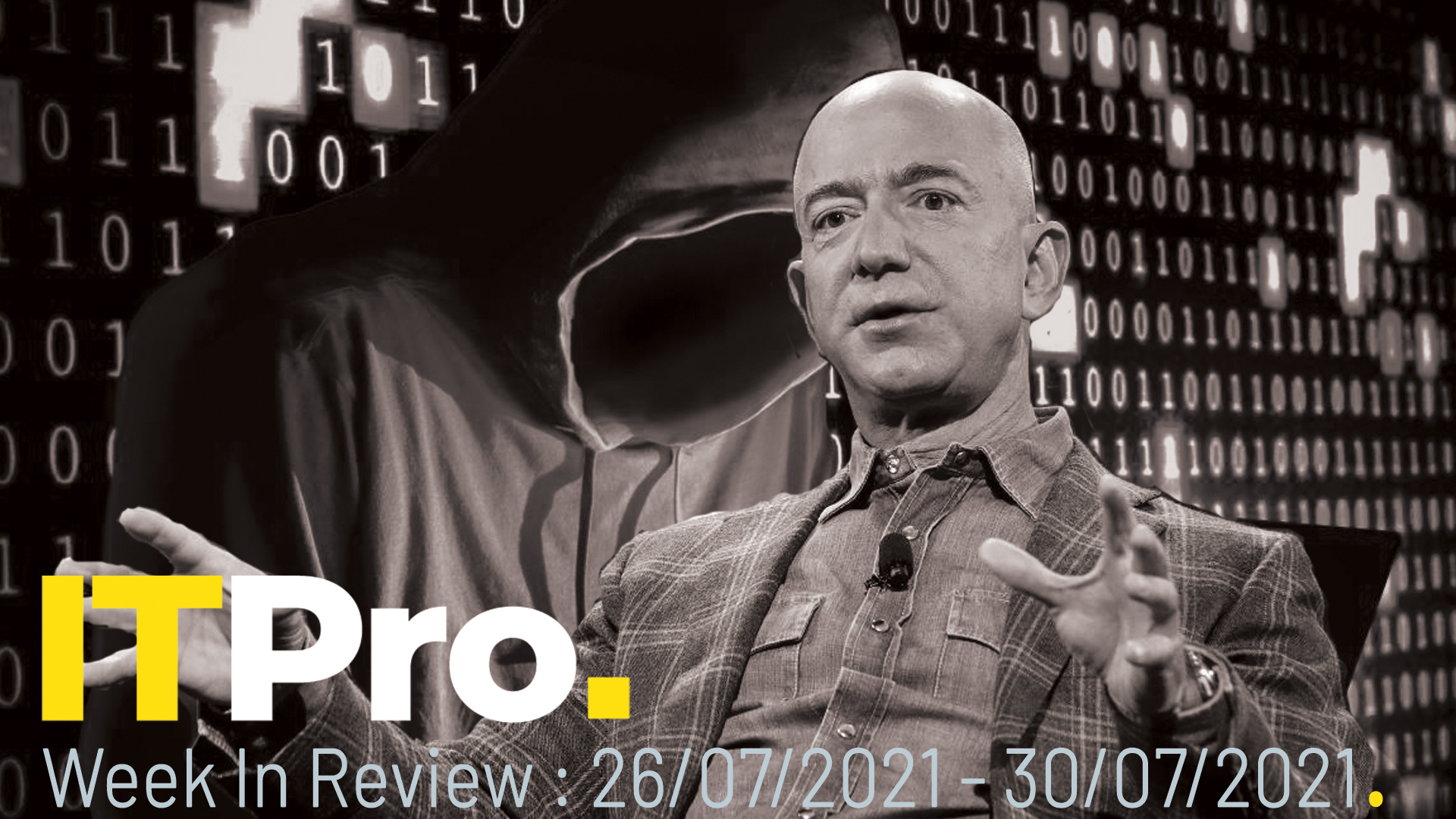Bitcoin scam exposes the personal details of 250,000 people
The UK and Australia represent approximately 93% of users hit by the crypto-scam

A cryptocurrency investment scam has exposed the personal details of hundreds of thousands of people around the world.
Group-IB, a Singapore-based intelligence company, uncovered the stolen personal records of 248,926 people from the UK, Australia, South Africa, Spain, Singapore, the US, Malaysia and other countries.
The United Kingdom and Australia represent approximately 93% of all affected users.
It’s not known exactly where or how the leak originated, but Group-IB has discovered that it’s being used in a multi-stage cryptocurrency investment scam that comes at the victims in three phases.
To begin with, the target receives a text message that is masked as a local media outlet. The link bears a headline boasting that a celebrity endorses a new get-rich-now investment, and each text message also contains a short, unique link.
When the target clicks the link, they are taken to a fake news website that displays a long, personalized URL that includes the target’s name, phone number, and sometimes, email address.
The fake news site shows made-up content about a particular celebrity who made a fortune with a new cryptocurrency investment platform. Celebrities whose names and images were stolen for this scam include Bryan Wong, Travers ’Candyman’ Beynon, Gina Rinehart, Andrew Forrest, Chris Brown and others.
Get the ITPro daily newsletter
Sign up today and you will receive a free copy of our Future Focus 2025 report - the leading guidance on AI, cybersecurity and other IT challenges as per 700+ senior executives
The use of celebrity names and images to promote scams is nothing new. Earlier this month Elon Musk’s name was used in a Bitcoin giveaway scam.
If the target clicks on that second link, they are taken to a fake cryptocurrency investment platform site where their personal information is already preloaded into the signup form. If they join, they are then asked to add to their account using cryptocurrency.
Group-IB detected six active domains that offer the same Bitcoin investment platform but operate under different names including Crypto Cash, Bitcoin Supreme, Bitcoin Rejoin and Banking on Blockchain.
Group-IB CEO, Ilya Sachkov, states in the company’s report on the scam: “The bad guys got smarter in a bid to increase the success rate of their fraudulent operations. Using personal data allows them to carry out targeted attacks and make a victim’s journey easier and smoother, which levels up the overall effectiveness of the scheme.”
The firm has shared its findings with the appropriate law enforcement groups in the affected countries for further investigation.
-
 Should AI PCs be part of your next hardware refresh?
Should AI PCs be part of your next hardware refresh?AI PCs are fast becoming a business staple and a surefire way to future-proof your business
By Bobby Hellard
-
 Westcon-Comstor and Vectra AI launch brace of new channel initiatives
Westcon-Comstor and Vectra AI launch brace of new channel initiativesNews Westcon-Comstor and Vectra AI have announced the launch of two new channel growth initiatives focused on the managed security service provider (MSSP) space and AWS Marketplace.
By Daniel Todd
-
 IMF urges El Salvador to remove Bitcoin as legal tender
IMF urges El Salvador to remove Bitcoin as legal tenderNews The country sought a $1.3 billion loan from the IMF last year, although this has been reportedly hindered by the fund’s Bitcoin concerns
By Zach Marzouk
-
 Cryptocurrency: Should you invest?
Cryptocurrency: Should you invest?In-depth Cryptocurrencies aren’t going away – but big questions remain over their longevity, the amount of energy they consume and the morals of investing
By James O'Malley
-
 IT Pro News in Review: Record profits in tech, hackers turn to new languages for malware, Amazon's Bitcoin plans
IT Pro News in Review: Record profits in tech, hackers turn to new languages for malware, Amazon's Bitcoin plansVideo Catch up on the most important news of the week in just two minutes
By ITPro
-
 El Salvador offers its citizens free Bitcoin
El Salvador offers its citizens free BitcoinNews Bukele doubles down on crypto commitment with a giveaway
By Danny Bradbury
-
 Square and Blockstream to build a solar Bitcoin mining facility
Square and Blockstream to build a solar Bitcoin mining facilityNews Solar mining plant will aim to temper concerns of power consumption from Bitcoin mining
By Danny Bradbury
-
 What are altcoins and how do they work?
What are altcoins and how do they work?In-depth The alternatives to Bitcoin explained
By Rene Millman
-
 Steve Wozniak sues YouTube over Bitcoin scam videos
Steve Wozniak sues YouTube over Bitcoin scam videosNews Lawsuit claims YouTube is aware of the Bitcoin giveaway scams but hasn’t taken videos down
By Sarah Brennan
-
 Coinbase will continue as a remote-first company after the pandemic
Coinbase will continue as a remote-first company after the pandemicNews Coinbase becomes the latest tech company to make a permanent shift to remote work
By Sarah Brennan